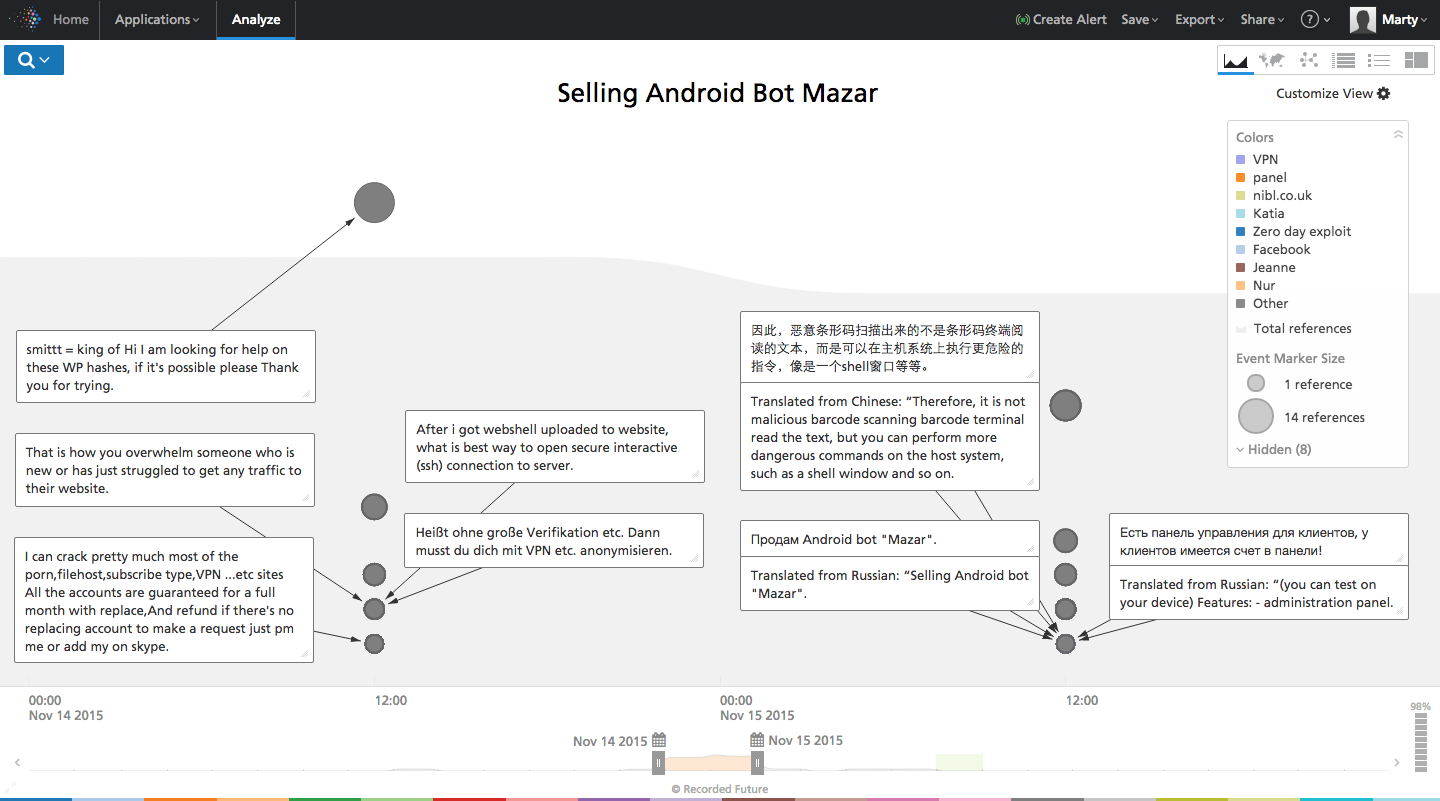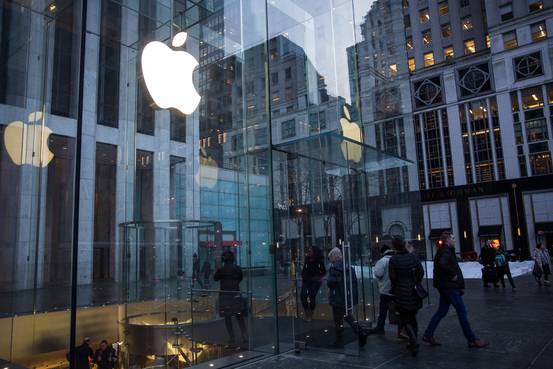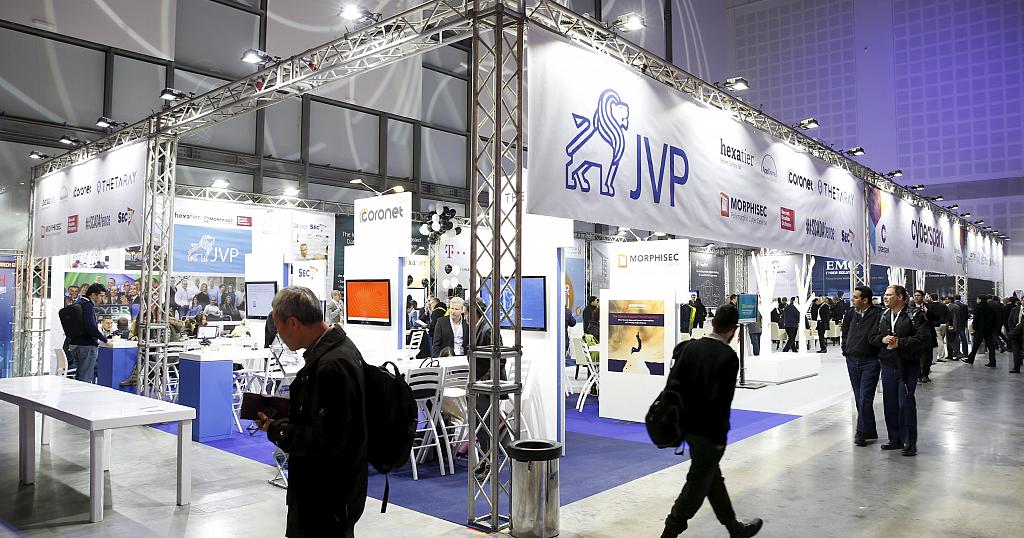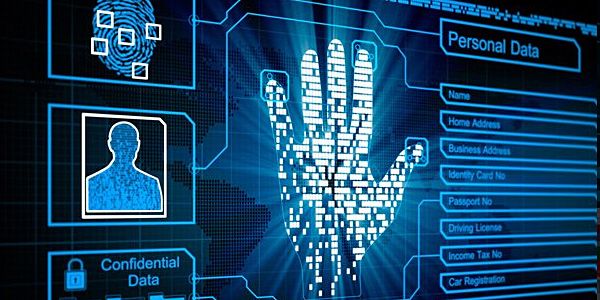See even Space gets it — the importance of great Cyber Security is needed now.
The disruption of capabilities that space assets provide would have immediate, far-reaching and devastating economic, political, and geostrategic consequences. Over the past two decades, space vulnerabilities have grown dramatically in a manner commensurate with terrestrial dependency on space-based capabilities and enablers. This is true for both civilian and military activities. Purposeful interference with space systems could rather easily trigger a retaliatory spiral of actions that could compromise a safe and secure operating environment in space. Accordingly, having available a range of measures to prevent or preempt an incident, or even full-up conflict, is of rapidly growing importance to an increasing number of countries.
The interruption of space services through a cyber attack could involve large, and possibly very complex, knock-on effects. As the space and cyberspace domains are linked operationally—space cannot exist without cyber and cyber, in some cases, without space—and they permeate all other warfighting domains (i.e. land, air, and sea), cyber-related vulnerabilities of space assets are a major concern. Global effects would be virtually instantaneous.
Given these realities, space-dependent civilian governments are wise to be seeking new ways to engage in serious international discussions concerning how best to ensure responsible behavior in these two connected domains. Meanwhile, space-dependent militaries are, to varying degrees, bracing themselves for the worst by the establishment of crisis management mechanisms to address fast-moving security threats emanating from cyber-related vulnerabilities embedded in space systems and operations. In some cases, this mechanism includes taking proper account of growing government dependency on commercial providers as key parts of both military and civilian missions.
Read more









